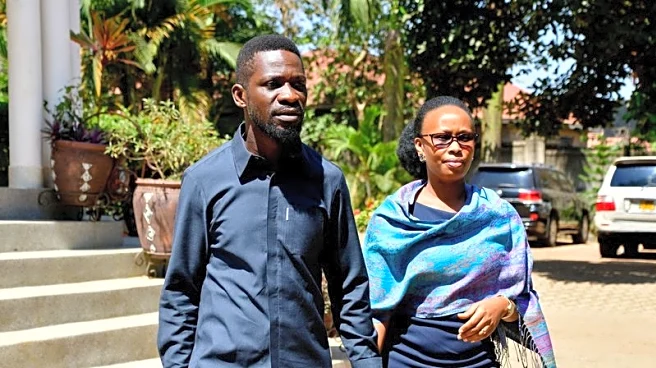Rapid Read • 8 min read
The World Health Organization (WHO) has reported the spread of the Chikungunya virus across multiple regions, including Europe, Africa, the Americas, and Asia. The virus, which is transmitted by infected female mosquitoes, has led to significant health concerns worldwide. China has implemented stringent measures to control the outbreak, including home-based quarantines and deploying drones in populated areas. The virus, first identified in Tanzania in 1952, has historically been contained to parts of Africa and Asia but is now affecting thousands globally. Symptoms typically appear within three to seven days after being bitten and include fever, joint pain, headache, nausea, muscle pain, and rash.
AD
The spread of the Chikungunya virus poses a significant public health challenge, particularly in regions with high mosquito populations. The virus's expansion into new territories highlights the need for effective mosquito control measures and public health strategies to prevent further transmission. The outbreak has implications for international travel, with countries like the United States advising travelers to exercise increased caution. The global spread of the virus underscores the interconnectedness of health issues and the importance of international cooperation in disease prevention and control.
Countries affected by the Chikungunya virus are likely to continue implementing measures to control mosquito populations and prevent further spread. Public health organizations may increase efforts to educate communities about prevention strategies, such as eliminating standing water where mosquitoes breed. International travel advisories may be updated as the situation evolves, and research into vaccines or treatments for the virus could be prioritized. Monitoring and reporting of new cases will be crucial in managing the outbreak.
The Chikungunya virus outbreak raises ethical considerations regarding the use of technology, such as drones, in public health interventions. The balance between individual privacy and community health safety is a critical issue. Additionally, the outbreak may prompt discussions on the environmental impact of mosquito control measures and the long-term sustainability of such interventions.
AD
More Stories You Might Enjoy











